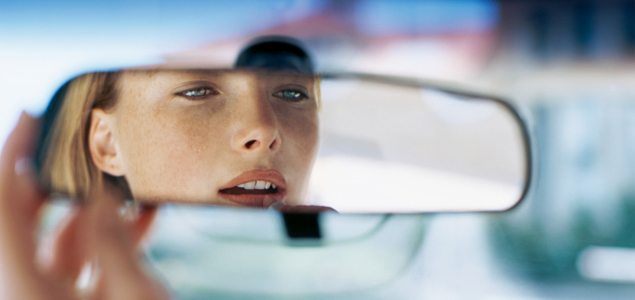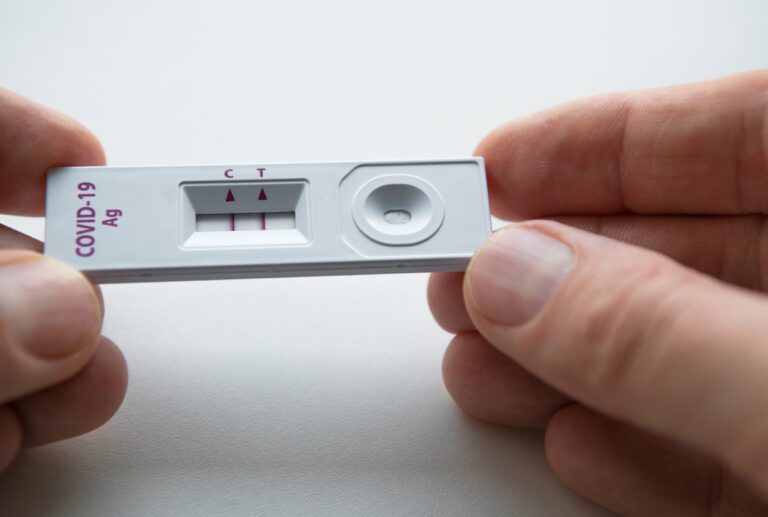We live in a world driven by photographs and images – the rise of digital self-portraits, or ‘selfies’, which saturate numerous social media profiles online are a testament to this obsession.
But imagine for a moment if you couldn’t recognise your own face or the faces of your loved ones? How would that change the way you lived and your relationships?
For those living with prosopagnosia, not recognising those closest to them like spouses and children can be an everyday reality. While this normally occurs in the most extreme of cases, prosopagnosics often have difficulty recognising faces and people that they have encountered many times.
Here are some facts about prosopagnosia:
- Prosopagnosia is a combination of the Greek words for face (proson) and impairment (agnosia).
- Also called ‘facial blindness’ prosopagnosia is an impairment in the recognition of faces
- It is often accompanied by other recognition impairments like place recognition, car recognition facial expression recognition etc.
- Prosopagnosia can create serious social problems.
- Prospagnosics often have difficulty recognizing family members, close friends and even themselves.
- While the impairment dates back to antiquity, the term prosopagnosia was first coined in 1947.
- One of the telltale signs of prosopagnosia is a reliance on non-facial information like hair, clothing, voice and other information.
- Interestingly, sufferers also complain they have trouble following storylines in films and TV shows as they cannot keep track of the identity of characters.
- Most cases documented can be traced back to some form of brain damage or trauma sustained in an injury or due to stroke and degenerative diseases.
- The prevalence of prosopagnosia is estimated at 2.5% of the educated Australian population.
- High-profile prosopagnosics include Jane Goodall, Dr Karl Kruszelnicki, Stephen Fry and Oliver Sacks.
If you have experienced a noticeable decline in your face recognition abilities, you should contact a neurologist immediately. Any sudden decline may indicate the existence of a condition that needs immediate attention.
You can test your face perception skills online using this interactive webpage from the University College London.







